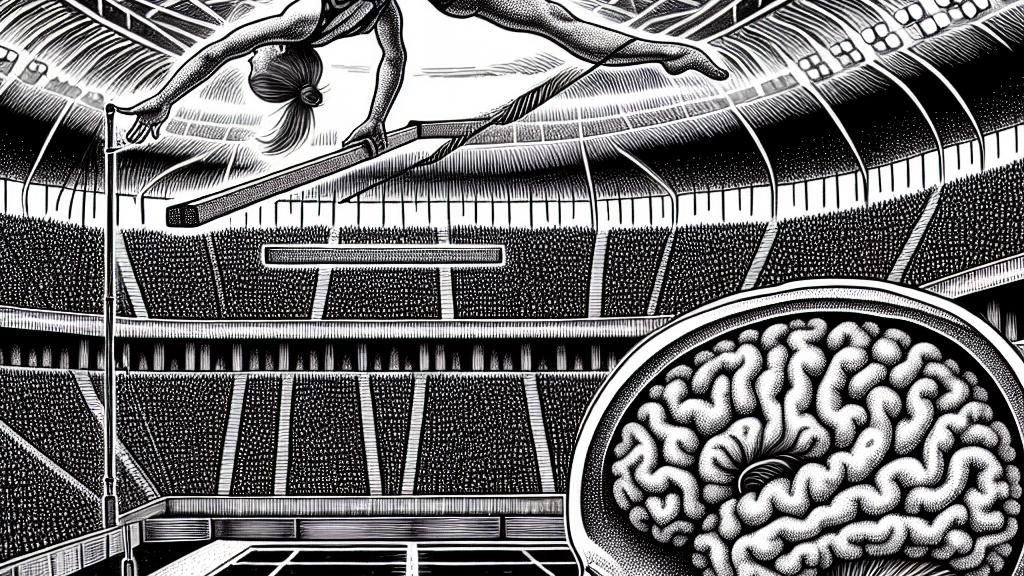Understanding Choking Under Pressure: Insights from Neuroscience
Overview
- Choking under pressure affects a broad spectrum of activities, from elite sports to academic challenges.
- Research highlights a critical connection between decreased brain activity and performance failure.
- Understanding these dynamics can lead to practical strategies for improving performance when stakes are at their highest.

The Psychological Phenomenon of Choking
Choking under pressure is a complex psychological phenomenon that many people encounter in various high-pressure situations. For instance, imagine an elite gymnast performing on the balance beam during the Olympics; the pressure is immense, and one misstep can lead to not just a loss, but a complete fall from grace. Even seasoned athletes, like basketball superstar Isaiah Thomas, can struggle when faced with the potential for failure. In fact, extensive research indicates that this choking can be traced back to decreased neuron activity in the brain's motor cortex, an area critical for coordinating movement. Thus, performance isn't merely about skill; it's also about how our brain responds under stress.
Unraveling Brain Activity in High-Stakes Situations
Research has delved deeply into how anticipation of high rewards can weaken the very brain functions intended to enhance our performance. Take the scenario of a tennis player poised to serve for championship point. Instead of boosting their skill, increased reward expectations might actually inhibit their preparation to make that perfect serve. Studies show that as the reward increases, the neurons responsible for movement preparation may become less active—rather than more. This effect represents the neural-bias hypothesis, where the quest for high stakes creates a mental barrier. Consequently, what should motivate instead creates anxiety, leading to less than optimal performance, whether on the court or in the boardroom during a critical presentation.
Harnessing Insights for Performance Enhancement
Understanding the science behind choking opens up exciting possibilities for intervention and improvement. Visualize a scenario where athletes receive live feedback on their neural activity during competitions; it could revolutionize how they manage pressure by encouraging a focus on maintaining optimal brain activity. Further explorations will investigate applications beyond sports, potentially aiding students during exams or professionals in high-stakes meetings. As researchers continue to unpack these findings, we find that the realms of possibility are vast. Rather than fearing pressure, we can learn to embrace it and convert anxiety into a powerful focusing tool, transforming challenges into opportunities for excellence in every facet of life.

Loading...